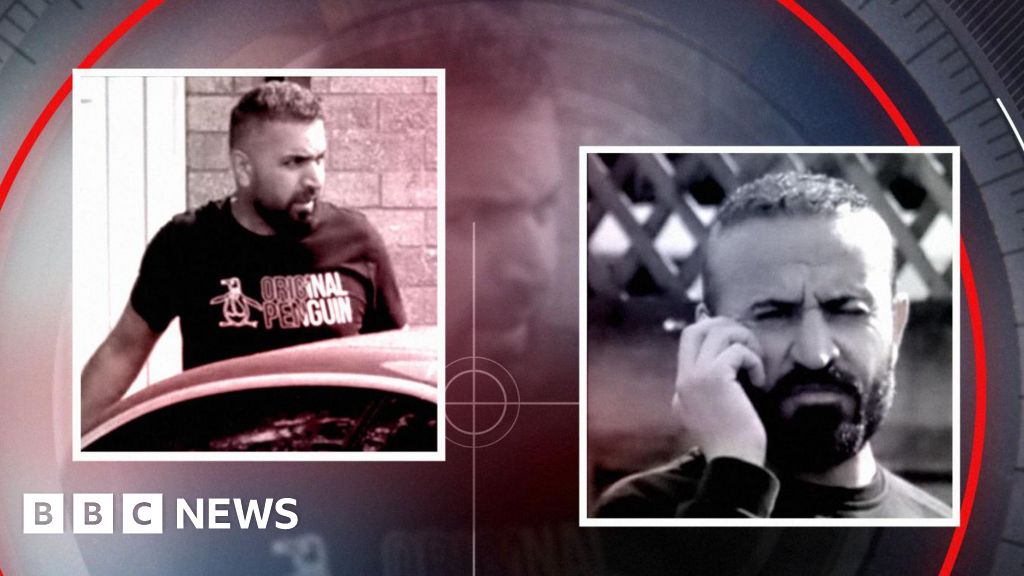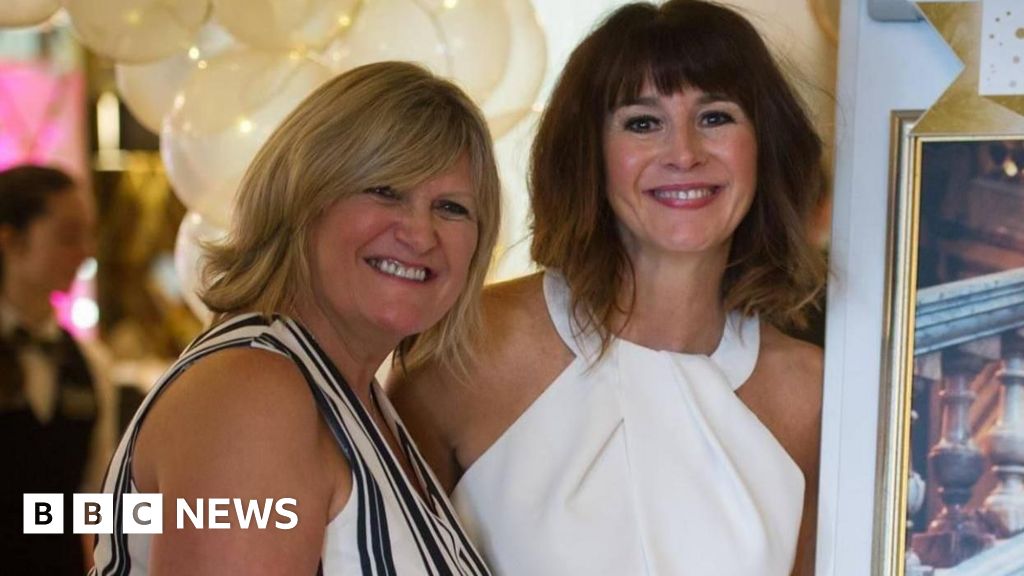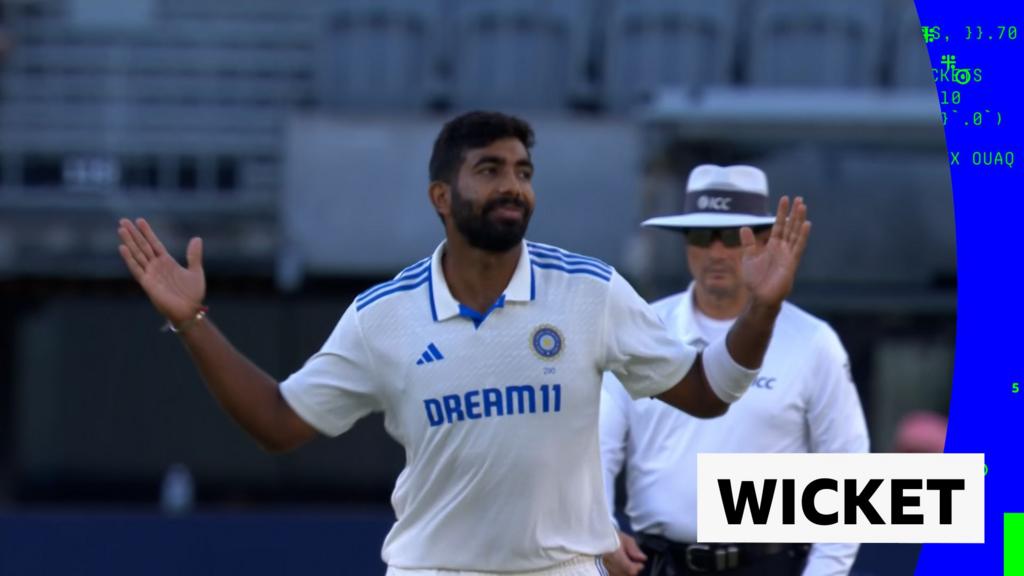The parents of a nine-year-old boy who died of sepsis following "gross failure" by a health board say the fact they are not being allowed to help identify a clinician who saw him at hospital is "ridiculous".
Dylan Cope from Newport went to A&E at The Grange University Hospital in Cwmbran, Torfaen, on 6 December 2022 with abdominal pain and a GP note saying "check for appendicitis", but this was not read by staff.
An inquest in May 2024 heard his death "would have been avoided if he had not been erroneously discharged" with a leaflet about flu, and the coroner said what happened "amounts to a gross failure of basic care".
Aneurin Bevan health board said it was aware of the distress caused by the lack of identification, but felt it had "explored all options".
The health board previously admitted the death "was as a result of an organisational system failure" and apologised.
But Dylan's parents, Corinne and Laurence Cope, have said they still have serious concerns about security, after their son was seen by a staff member who still has not been identified.
"We want the full picture, and for future patients to be safe... not hollow condolences," she said.
Mrs Cope said a male doctor - who her husband believed at the time to be a surgeon - played a "pivotal role" during her son's time at the hospital because "out of all of the people that my husband saw and who saw Dylan, he seemed to be the most senior".
However, she said she still did not know whether it was this person who had sanctioned her son's discharge and said the health board had said there was "no surgical call for Dylan on the system", suggesting he would not have been a surgeon, but was likely to be a doctor.
She said there was no evidence that the unidentified person had physically examined Dylan, but said he had had a "conversation about pain" with her husband and son, and had "ruled out Dylan's appendix" as causing the issue.
She said her husband had provided a clear description of the staff member as he "remembers some things confidently from that night", adding the investigation into who the member of staff was should be taken more seriously.
Mrs Cope said a search through the hospital's swipe-in system, rota and patient records to work out who the staff member could be only occurred about nine months after Dylan's death, after she "persistently challenged" the health board into doing so.
She said she also asked them to scrutinise the hospital's CCTV, only to be told it was "inadequate" - which she later found out meant it had been routinely wiped after 28 days.
Mrs Cope referenced the hospital recently partially losing its mortuary accreditation, after assessors raised concerns about security following two mix-ups of bodies given to bereaved families.
"It's not just an issue solely related to the mortuary," she said.
Having narrowed down who the staff member could be, Mrs Cope says the health board told the parents could not be shown anonymised pictures of the shortlisted staff members for data protection reasons, which she argued was "ridiculous" given her husband was a "key witness".
She continued: "From our perspective, mistakes happen, unfortunately they always will, but how they deal with them is everything."
She said she was in discussions with the health board about the improvement measures to the discharge process put in place since her son's death, which she believed were "completely inadequate".
She added she was part of a group campaigning for NHS investigations to be carried out by a "completely independent, impartial body" in cases like her son's.
"They should not be allowed to investigate themselves, these people aren't detectives," she said.
"At the end of the day, a child has died a preventable, horrible death.
"If they can't answer these things [about who saw my son], how can they say they have learned? How are patients safe?
"Nothing brings Dylan back, and all we want is suitable measures to prevent it from happening again."
Dr James Calvert, medical director of Aneurin Bevan University Health Board, said: "We are aware of the ongoing distress being experienced by the family due to our inability to identify the doctor who spoke with Dylan's father, despite an extensive investigation.
"Following a formal clinical assessment, a doctor would usually make an entry into the medical record of a patient. This was not done in this case and therefore we have no record in the notes to enable us to identify this individual. We have sought advice from external organisations and believe we have explored all the options available to us to identify the individual the family are seeking."
Mr Calvert said the health board had explained its findings to the family and had not been asked by the coroner to do further investigation, adding improvement measures were being put in place and the children's emergency department "remains a safe area, with access restricted only to staff concerned with the treatment of patients in that area".

 2 months ago
12
2 months ago
12









